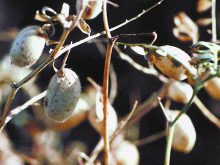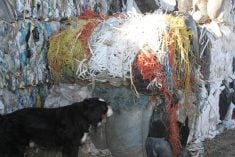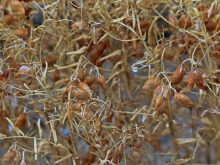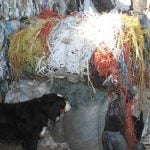and Reuters News Agency
news
As Canada’s canola crop shrinks in hot, dry weather, fears are also fading over Europe’s stand against genetically altered crops.
An Agriculture Canada trade policy analyst recently dismissed June reports that said 400,000 tonnes of canola sales to Europe could be lost this year because Canada doesn’t segregate transgenic varieties from regular seed.
“Four hundred thousand sounds high, simply because we’ve probably lost that much in weather and we’re not even harvested yet,” said Fred Boyce, from Ottawa.
Read Also
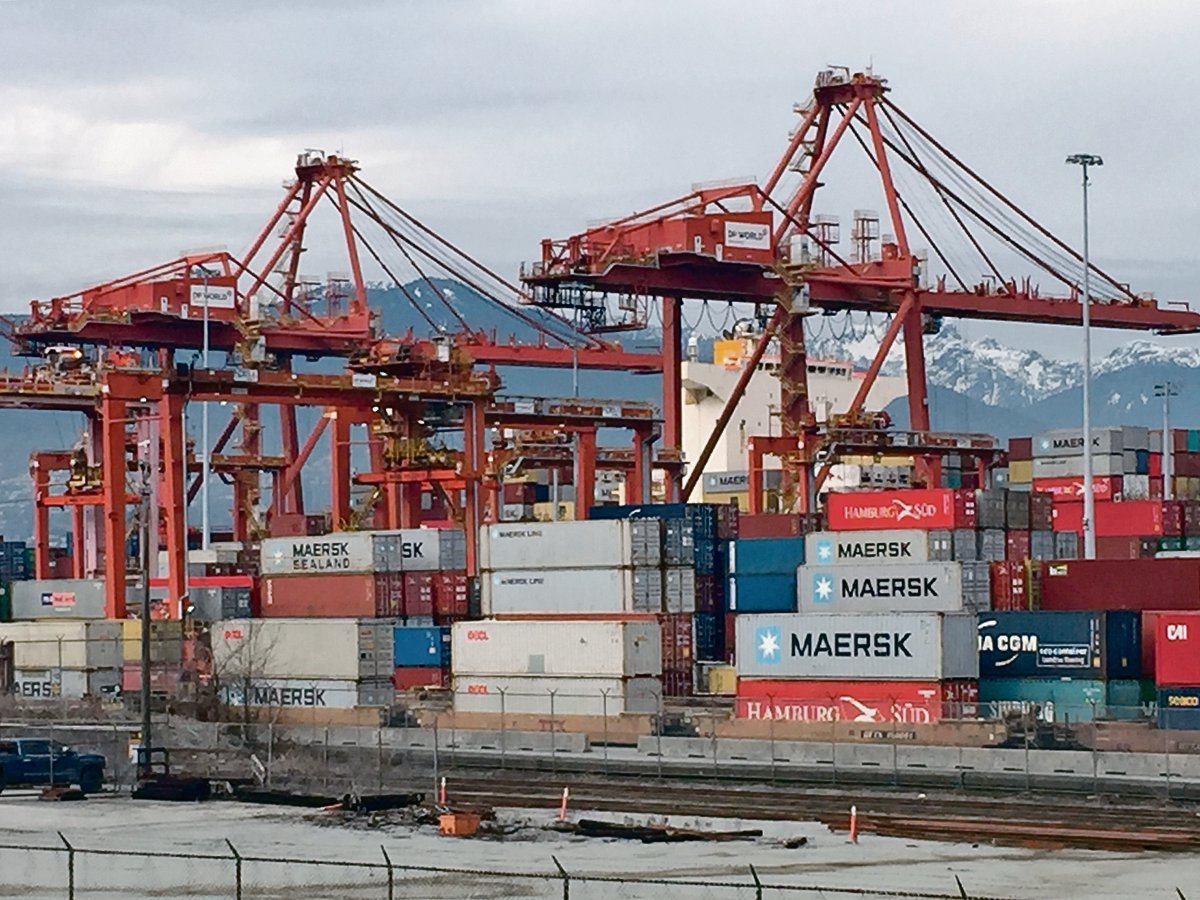
Message to provincial agriculture ministers: focus on international trade
International trade stakeholders said securing markets in the face of increasing protectionism should be the key priority for Canada’s agriculture ministers.
A hot, dry summer has shrivelled earlier predictions that Canada’s canola crop could surpass seven million tonnes this year. Cargill’s latest estimate is 6.1 million.
Traditionally, Canada sells about 1.6 million tonnes of canola to Japan, 500,000 tonnes to Mexico and 300,000 to the United States.
Domestic production good
The European Union has always been a sporadic buyer of Canadian canola, purchasing 900,000 tonnes in 1994-95 and 300,000 the following year. Their own crops look good this year, Boyce said.
Even if Europe continues to balk at approving genetically altered varieties – which have passed environmental and livestock feed approvals here, in the United States and Japan – it shouldn’t cut into Canada’s bottom line, Boyce said.
Japan, Mexico and the U.S. will likely buy whatever domestic crushers don’t use this year. If there’s any left over, Boyce said Canada might hear from interested buyers in China and Poland.
“China could very well be looking at buying rapeseed or canola because of shortfalls and declines in their own production,” he said.
“In Poland, they’ve had a difficult winter where their rapeseeds didn’t fare very well and this flooding just aggravated the whole situation.”
Traders said Poland could import up to 450,000 tonnes of rapeseed due to flood-related crop losses. The canola harvest in Poland is now estimated at 550,000 tonnes. With a crushing capacity of 800,000 tonnes, imports are inevitable.
A similar problem with Australia’s canola crop could boost the amount of Canadian canola Japan imports this year.
Canadian trade representatives met with European officials in Brussels in July to discuss trade implications resulting from advances in biotechnology. There are still three transgenic canola lines which are not approved for commercial production and food use in the EU. If the situation persists through the fall, it could result in a trade barrier for Canadian canola exports to the EU.
Approval of transgenic varieties is being resisted by environmental and consumer groups in Germany, Austria and France. The process remains stalled, said Boyce.
“It is one thing to have the EU commission agreeing and quite another to have all 15 member states agreeing and that’s where the problem comes in,” he said.



